Billionaire Moshe Kantor has severed his longstanding ties to Tel Aviv University — joining a growing list of Russian Jewish oligarchs who have scaled back their philanthropic activities after coming under international sanctions for their ties to President Vladimir Putin.
The sanctions have shaken up the world of Jewish philanthropy, which relies heavily on deep-pocketed donors like Kantor, and forced a number of prominent organizations to abruptly end partnerships with their benefactors since Russia invaded Ukraine on Feb. 24.
Kantor, a Russian fertilizer magnate who also holds British citizenship, served as the longtime president of the European Jewish Congress, emerging as an outspoken fighter against antisemitism. He founded or led a number of other important Jewish causes, including the World Holocaust Forum, served on the council of Israel’s national Holocaust memorial Yad Vashem and helped inaugurate the Kantor Center for the Study of Contemporary European Jewry at Tel Aviv University.
But after the United Kingdom imposed sanctions on Kantor early this month, he abruptly stepped down from the European Jewish Congress after 15 years at the helm. Tel Aviv University confirmed this week that Kantor’s name had been removed from the Jewish studies center, just days before it was to release its annual report on global antisemitism.
A statement issued through a spokeswoman said that Kantor had asked to suspend ties with a number of organizations on his own initiative.
“Dr. Kantor voluntarily stepped back with immediate effect from active involvement in the European Jewish Congress, the World Holocaust Forum Foundation and the Kantor Center in order not to distract from the important work of these organization,” the statement said.
Kantor, whose net worth is estimated by Forbes to be $4.6 billion, joins a number of wealthy Russian-Jewish businessmen to be sanctioned by the West over their purported ties to Putin.
Yad Vashem last month said it was suspending a reported donation of tens of millions of dollars from Roman Abramovich, owner of the Chelsea Football Club, after he was sanctioned by the U.K. and European Union. It cited “recent developments.”
Three other oligarchs who have been sanctioned by the West — Mikhail Fridman, Petr Aven and German Khan — abruptly resigned from the Genesis Philanthropy Group last month. In an email sent to its supporters, the group said the men had left “in order to assure the ability of GPG to stay true to its mission.” It made no mention of the sanctions.
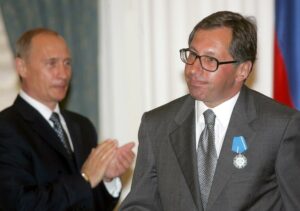
The group funds projects to strengthen Jewish communities and causes around the world. The three men were also involved in the founding of the Genesis Prize — an annual award established with a $100 million endowment that recognizes a person for professional achievements and commitment to Jewish values.
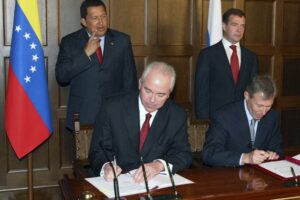
Past winners of the $1 million prize have included actor Michael Douglas, filmmaker Steven Spielberg and former New York City Mayor Michael Bloomberg. This year’s laureate is Albert Bourla, the chief executive of drug maker Pfizer, who is expected to come to Jerusalem in June for an award ceremony.
The oligarchs have claimed the sanctions are unfair. Some, such as Fridman, have even spoken out against the Russian war against Ukraine, while Abramovich has tried to position himself as a would-be peacemaker between the warring countries.

Ariel Muzicant, the interim president of the European Jewish Congress, said the organization was shocked by the sanctions against Kantor, who he said “has dedicated his life to the fight against antisemitism, Holocaust commemoration and the security of Europe’s Jewish communities.”
“It is very sad and disturbing that Dr. Kantor, who has unparalleled contribution to the fight against antisemitism and the flourishing of Jewish life in Europe for over 15 years, has been sanctioned with no evidence-based merit, causing great damage to many people and organizations,” he said.
Many Jewish oligarchs have close ties with Israel, spending time in the country and even holding citizenship. That has created a delicate situation for the country, which was established as a safe haven for Jews but also has close ties with the West, especially the U.S.
Israeli leaders have said they will not allow the country to be used to circumvent international sanctions, though some oligarchs have reportedly been spending increased time in Israel. Abramovich, who took Israeli citizenship in 2018, has recently been spotted at Israel’s international airport, for instance.
Jennifer Laszlo Mizrahi, a Jewish American philanthropist, said the troubles of the oligarchs have created “an enormous challenge for the nonprofits that rely on their goodwill.”
She likened the crisis to the period after the downfall of financier Bernie Madoff, who squandered the fortunes of many Jewish charities in a massive ponzi scheme in the late 2000s. She said that many charitable groups, suddenly robbed of funding sources, were forced to close, consolidate or lay off workers.
Mizrahi said a discussion among professionals in the philanthropic world over the origins of donor money “is going on in a very big way.”
But she said that given the controversial origins of so many fortunes over the decades, going back to industrialists like Henry Ford or Andrew Carnegie, she believes it is more important to make sure that charitable funds are distributed effectively. She said it is especially critical that the recipients of charitable programs play a role in their decisions.
“The best solution is not to say I won’t take the money from A, B, C or D individual,” she said. Instead, she said the goal should be to use the money “in the best way to make the world a better place.”
(AP)

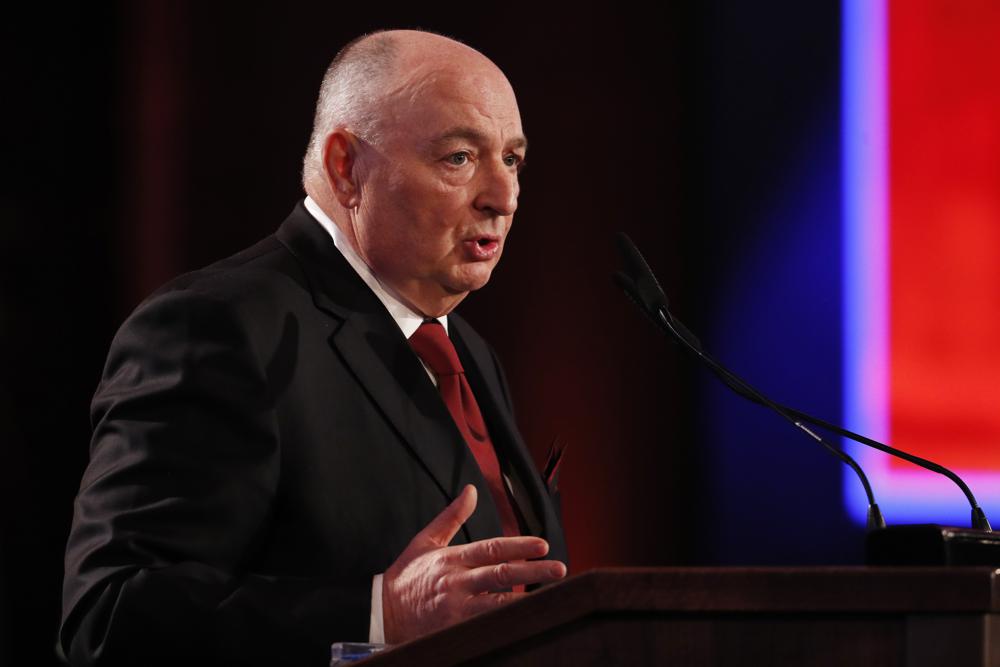


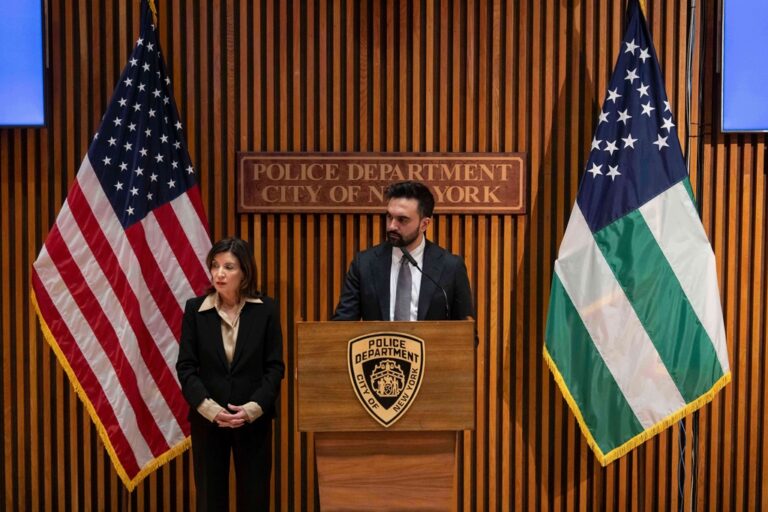
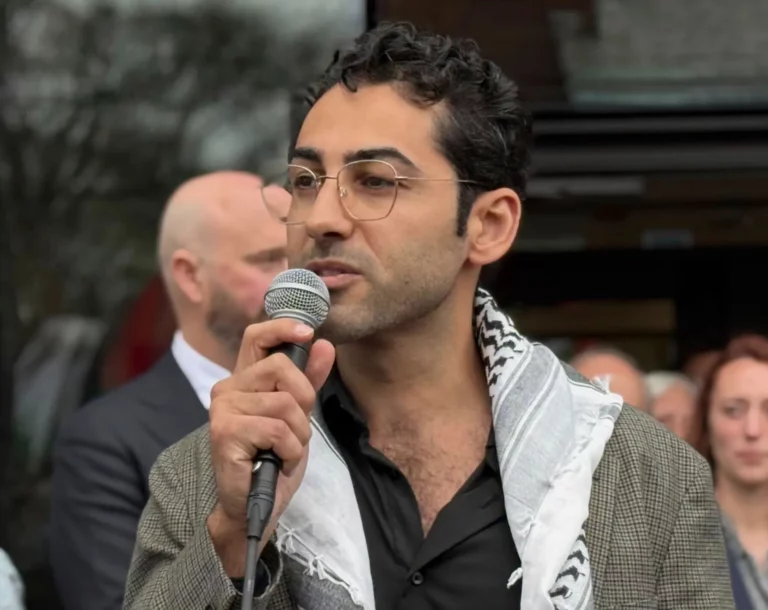



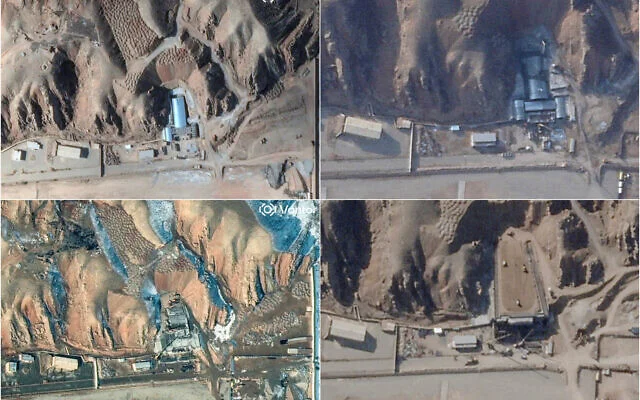

5 Responses
At this point, it seems like World War III may be much like World War I (and the Napoleonic Wars) – with Jews on both sides, no matter who wins, we lose.
And now with the FBI cracking down on Israeli financial scams, all of a sudden the money is drying up! What to do?
this is why Reb Shach never to rely on 1 source of funding.
Comment about rav schach close to kfiro. Hashem is never short of funds.
Rav Shach’s point was that large donors get too much clout and we do not sell our souls. The Roshei Yeshiva must always remain in charge pf policy.
Karl, I know Rav Shach warned Charedi politicians about sympathetic Begin’s government, I wonder what would his view were regarding taking money from nazi collaborators